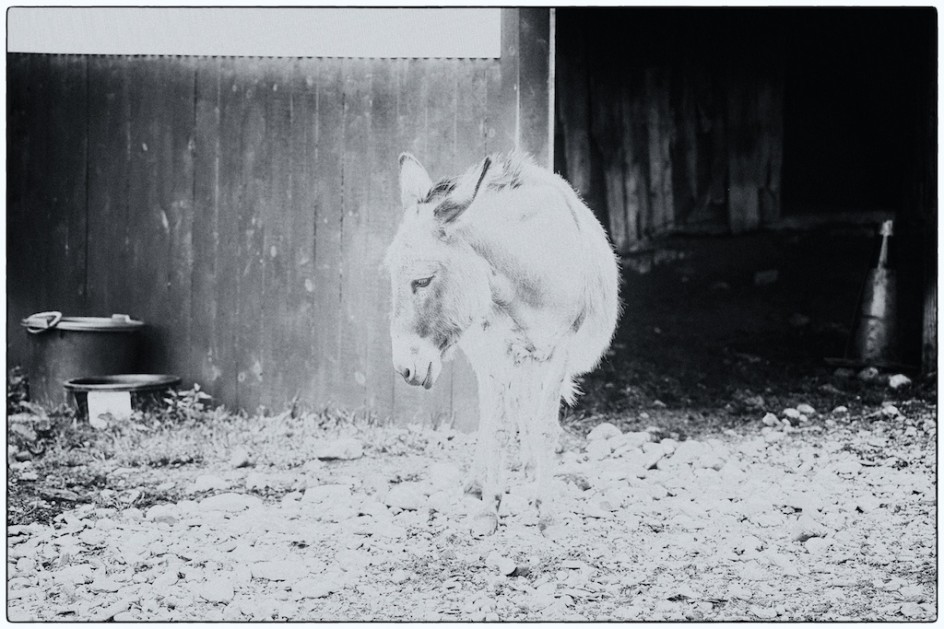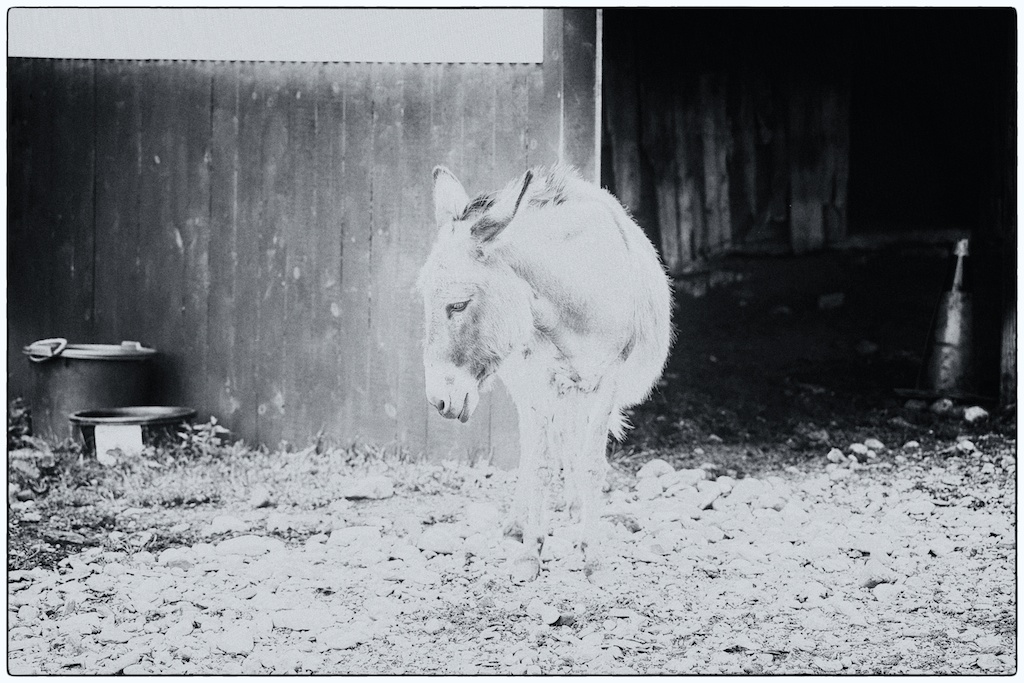
When people talk about the consciousness of animals, they tend to hide behind behavioral books and the thousands of studies devoted to what animals are thinking and feeling. I’ve been reading these journals and studies for years, and I learned fairly early one that you can find one to support absolutely any point of view. I read one last week that said animals had all the emotions of humans, and another saying they had none of the emotions of humans, both from respected institutions spending a lot of money on the subject. Every seems to have a favorite book or author on the subject, one they quote enthusiastically, one that usually reflects their own feelings and prejudices. We have given up reaching our own conclusions, we think we are not entitled to them, only gurus and scholars can have them.
There is a lot of research on animal consciousness, and no scholar every got a study funded that set out to prove animals are simple, different from us, and not brilliant or empathetic or healing. I decided there were no answers in those books and journals for me, so I stoppedt reading journals and studies and started paying attention and listening to the animals that are part of my life and that surround me every day. That was when my ideas about animal consciousness began to grow. Slowly, day by day I have been coming to my own conclusions, and I promise you that I will never hide behind studies or other dog books. Nor will I claim I know for sure, I can’t and nobody else can either. I don’t know are important words in our language, even if you will rarely hear or see them. For better or worse, they are my own ideas and I take full responsibility for them. I have learned a lot from some writers and books, I have learned much more from the animals themselves, for what I see and hear and feel.
I consider Simon to be one of the most spiritual animals I have ever encountered. There is the natural tendency to assume this is because he was so horribly mistreated and disfigured and nearly died. There is the idea that he is grateful, appreciate, connected to Maria and I because we “saved,” or “rescued” him. Researching my book on donkeys, living with him, I have a different idea. I think donkeys have always been profoundly spiritual creatures, always lived and worked with humans, have long developed a profound and unappreciated intelligence. Sometimes, as happened this morning, I feel a glow coming from Simon, I actually captured it today with my camera, he will pause, seem to be reflecting, taking in the world.
Simon and I are as close as I have ever been with an animal, we are spiritually connected in the most basic way. If I am not around, he will kick and rear at the farrier, if I am here, he will stand still by me and trust me. Our consciousness’s are connected in ways I don’t understand but feel very deeply. I believe the consciousness of animals is simple, visual, accepting and spiritual.
At these times – when Simon seems to glow – I believe that he is processing images, seen only by him, known only to him. He pauses, withdraws into himself – I’ve seen Lulu and Fanny do this also, but not as deeply as Simon – and I don’t know how old these images are, whether they are stored genetically or come from Simon’s own life, before us and with us. Most animals, I believe – dogs especially – tend to live in the now, they are adaptable, re-homeable, happy to transfer affection in exchange for food and attention. Red loves me, but he loved Karen Thompson too, and he would love you too if you brought him to sheep every day.
Simon, I sense, is a complex creature, his consciousness is old and full of suffering and acceptance and wisdom and goes back further. I sense that he remembers more, is sometimes, it seems, trying to process the images in his mind, trying to sort this out. I have no studies to support this, no statistics to shield me, it is what I feel from seeing him and knowing him, and this is what I felt this morning, when he came up to me, then seemed to withdraw into a meditative and thoughtful state, as if he were trying to retrieve images that meant something to him.
Dogs and many other animals are believed to think in much the same way as autistic children – in images – and even though we like to think we know what they are thinking, we can’t know since they don’t possess our language, understanding of life or death, or narrative way of looking at the world. I do think sometimes that Simon’s glow occurs when he is thinking of his time lying in the frozen mud for months, unable to stand, slowly starving to death, saved only by some straw smuggled to him by a caring child. Perhaps reaching back to collect images of other and older times. There is much love in Simon, so, I reason, there must have been much love in his life, despite his troubles.
This is my feeling, my sense of him. My own journal. Simon’s glow.

